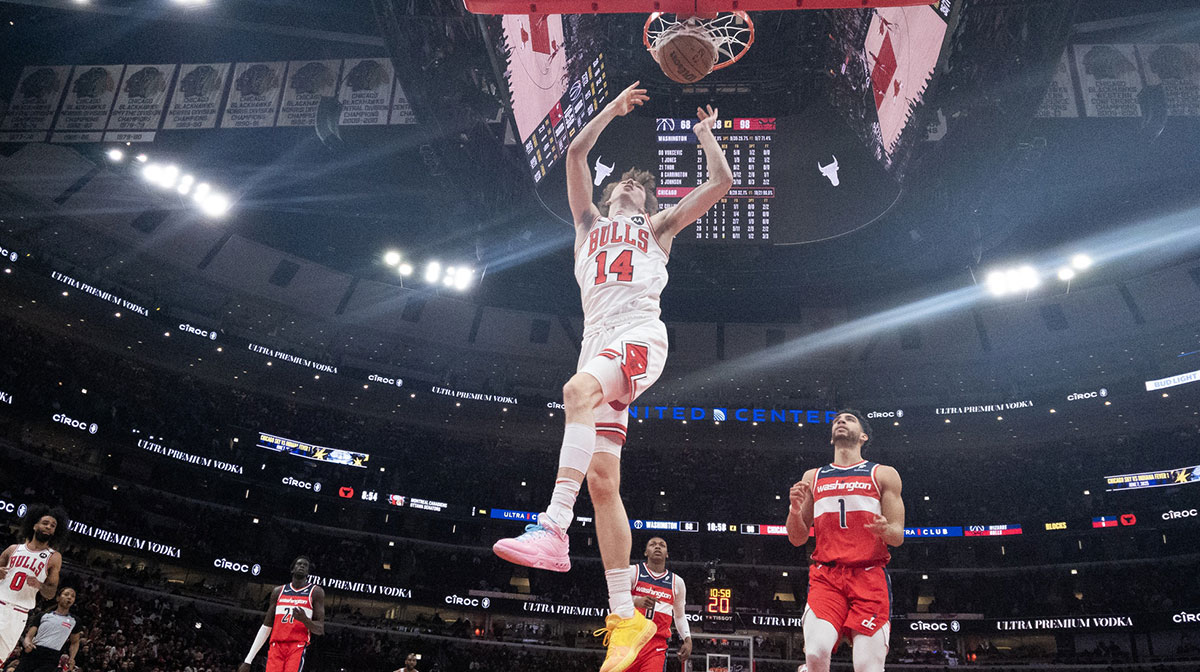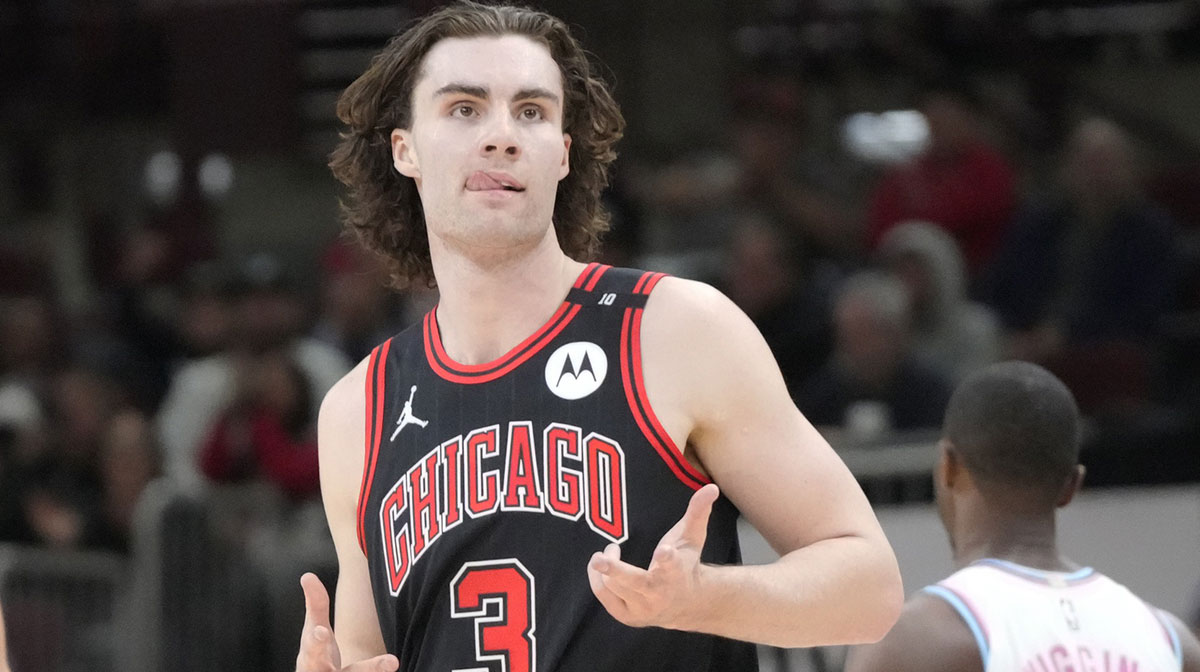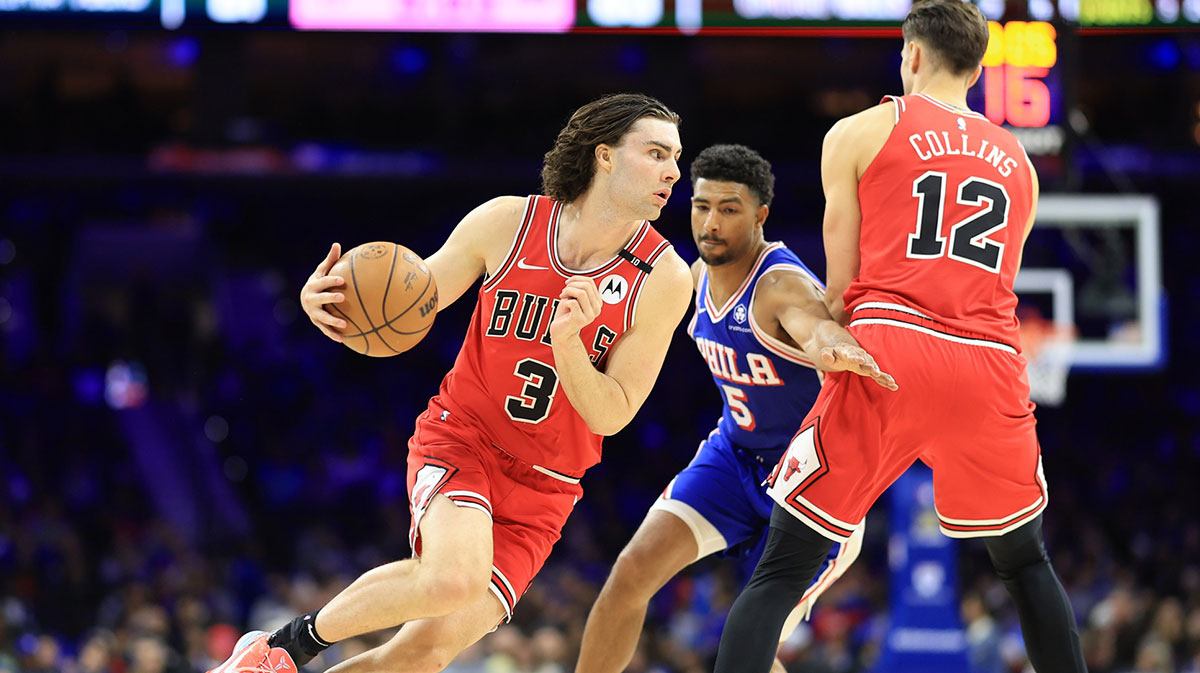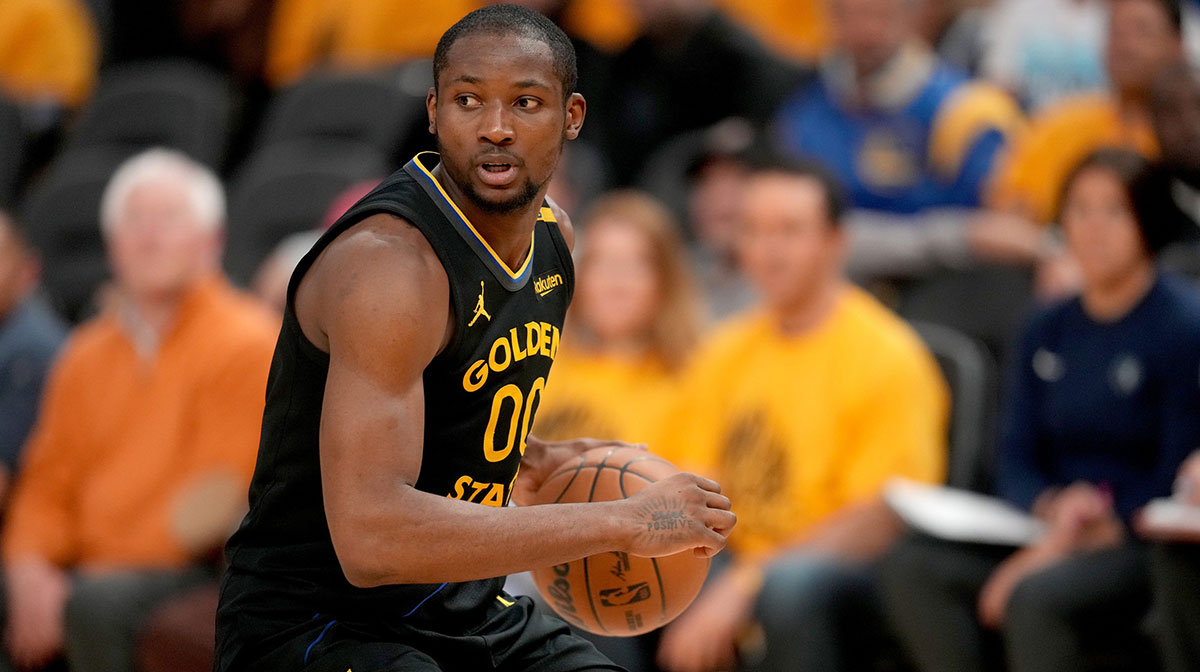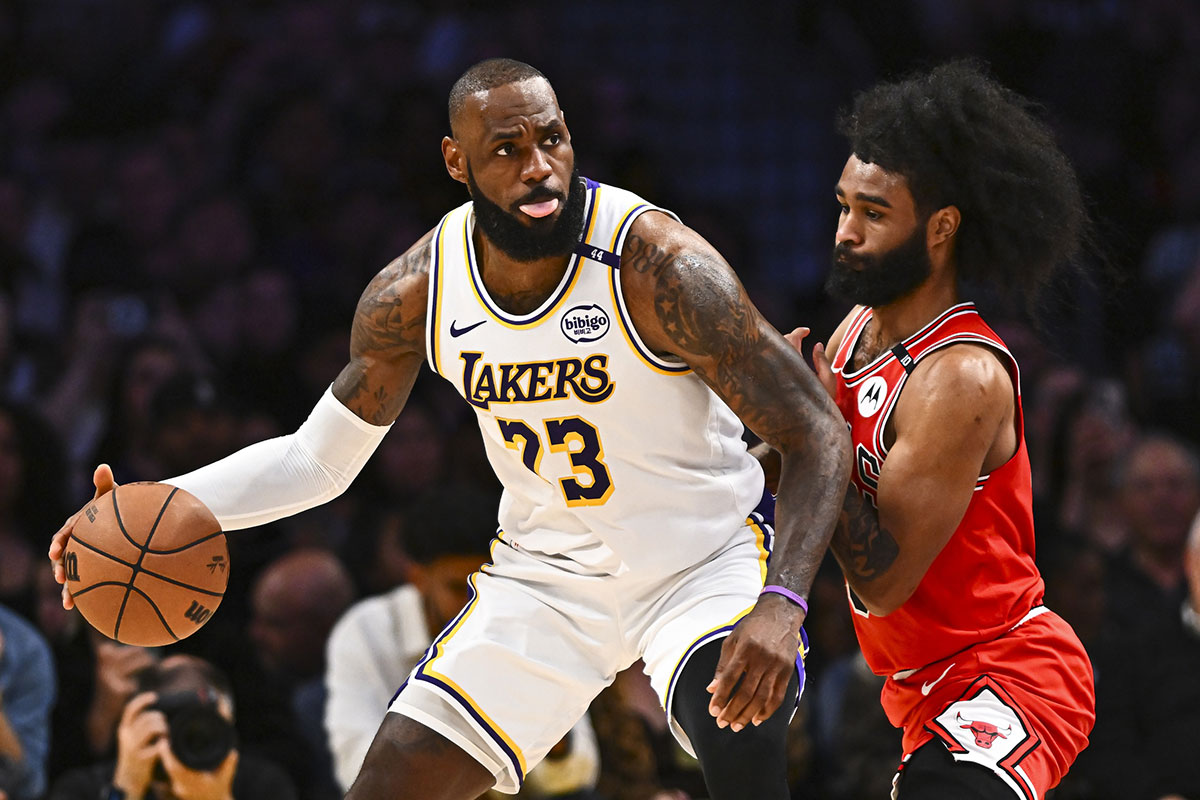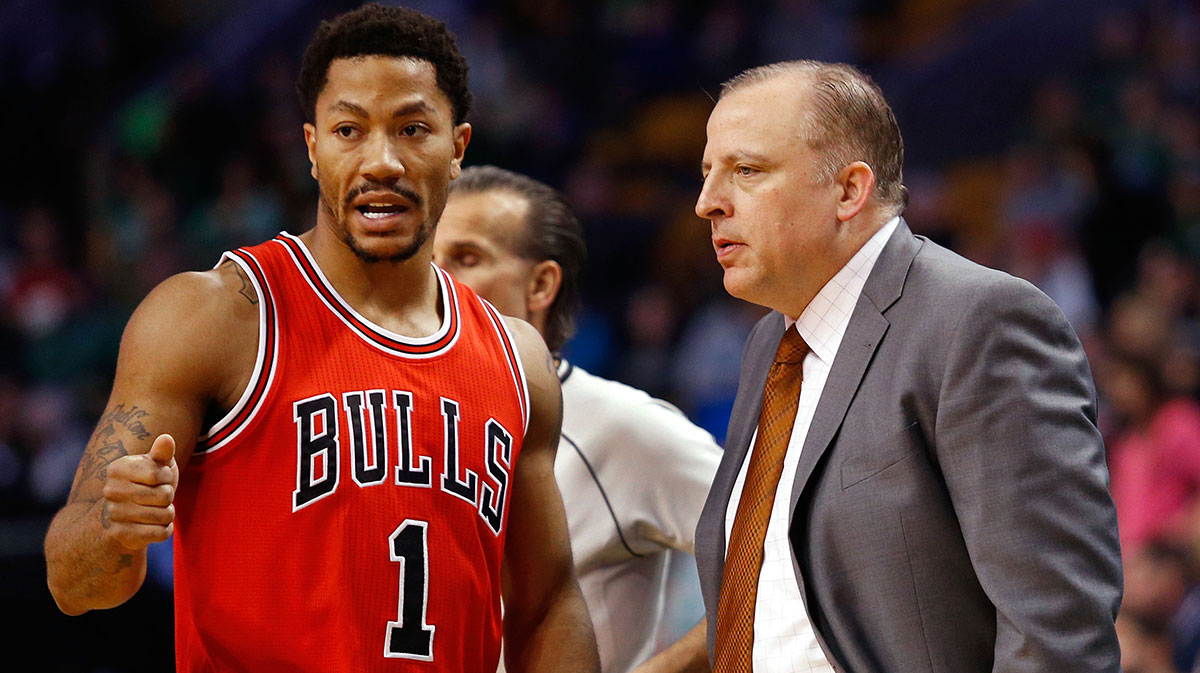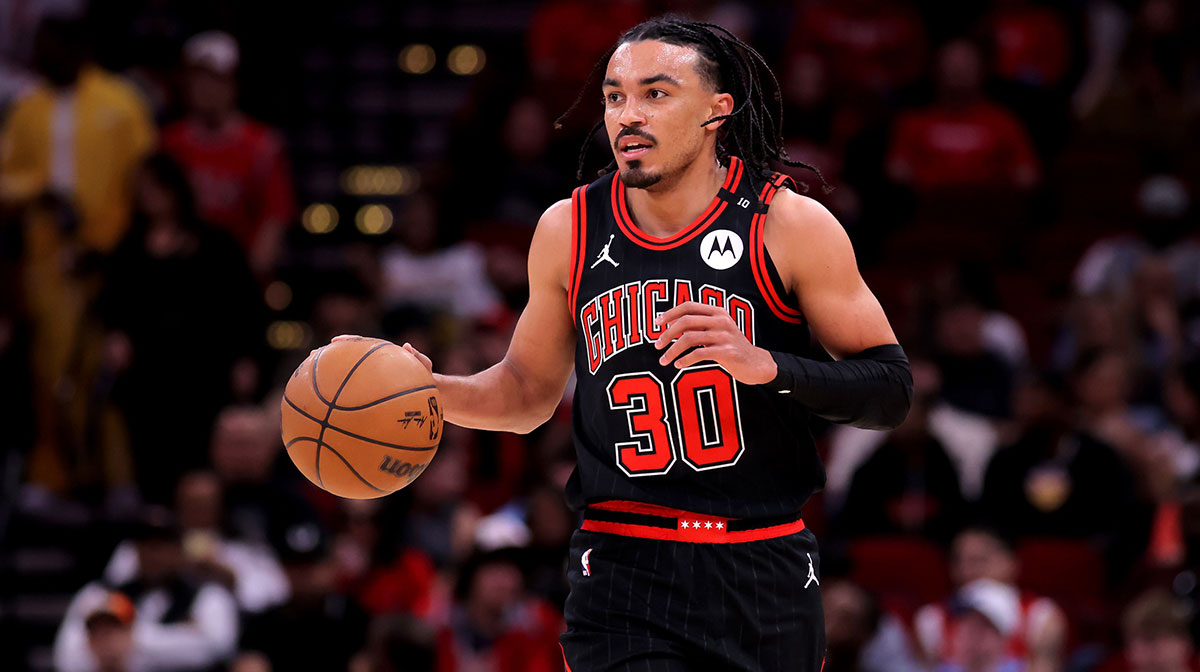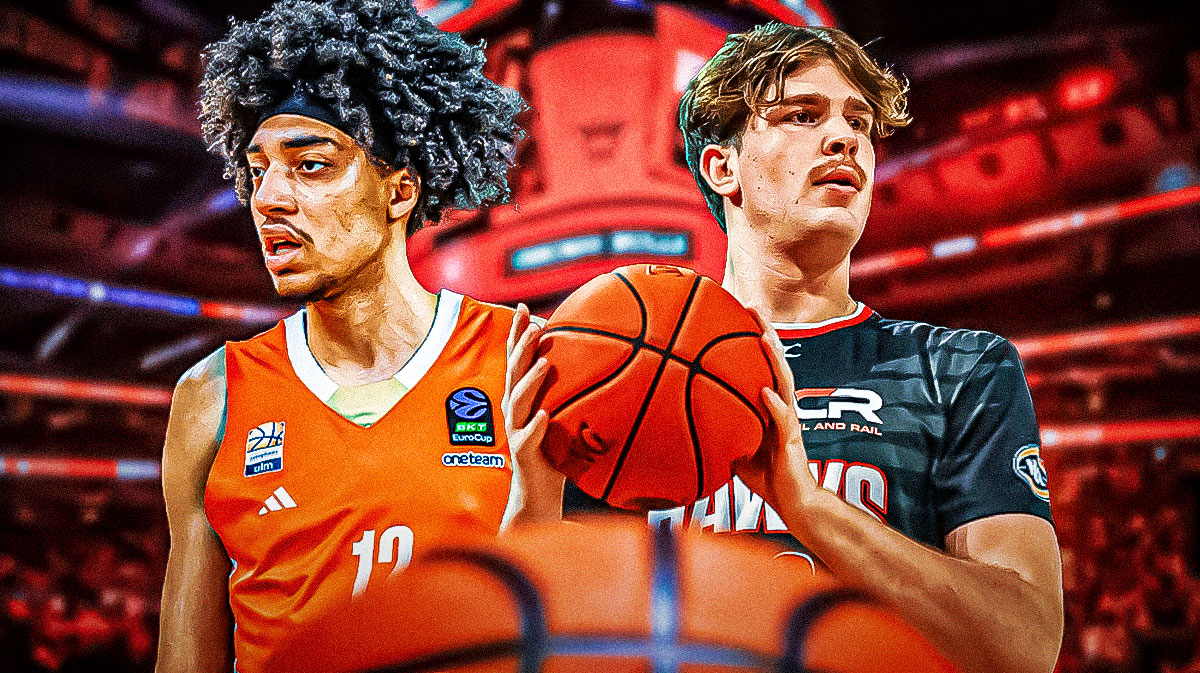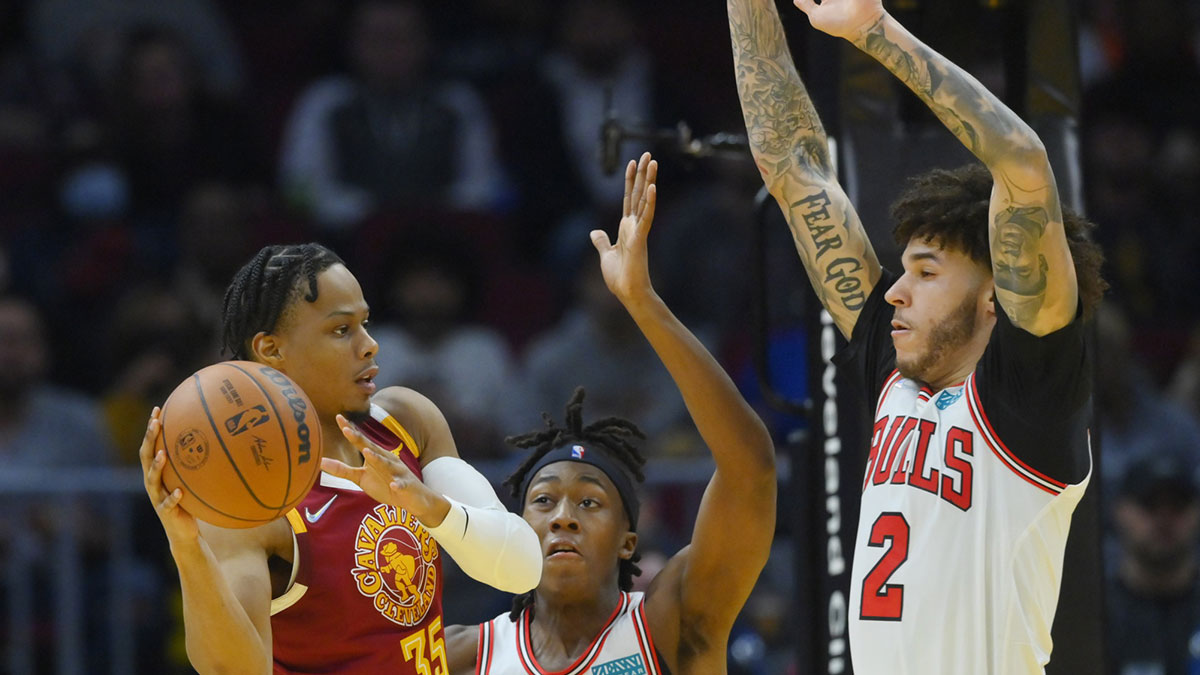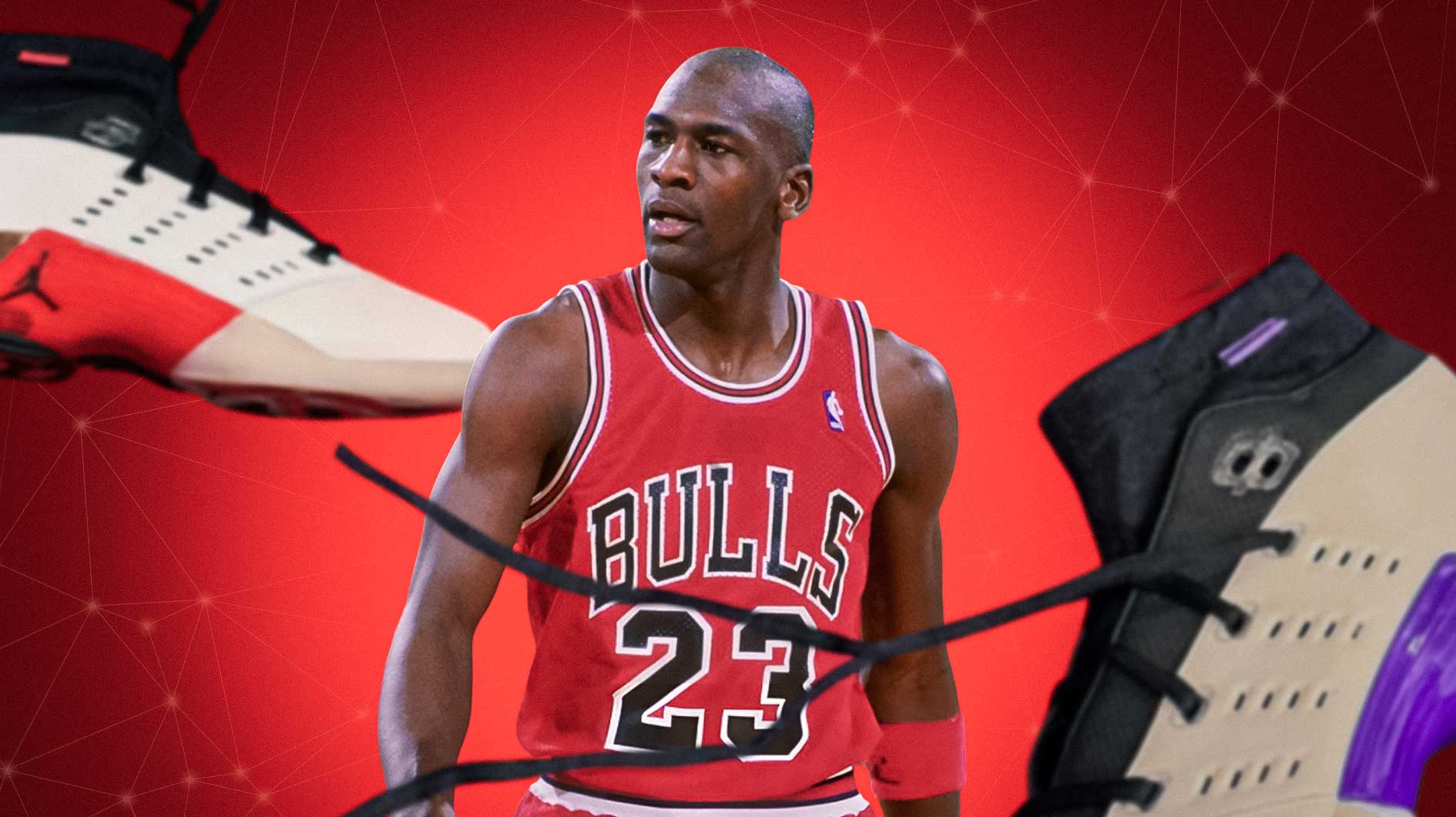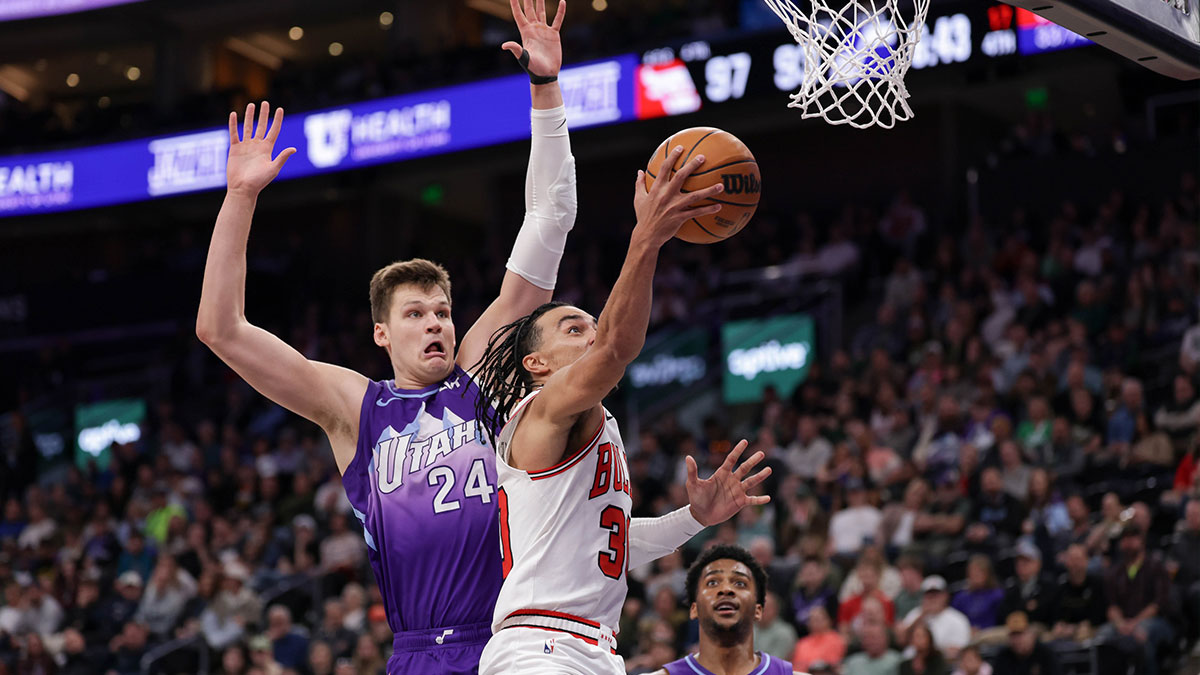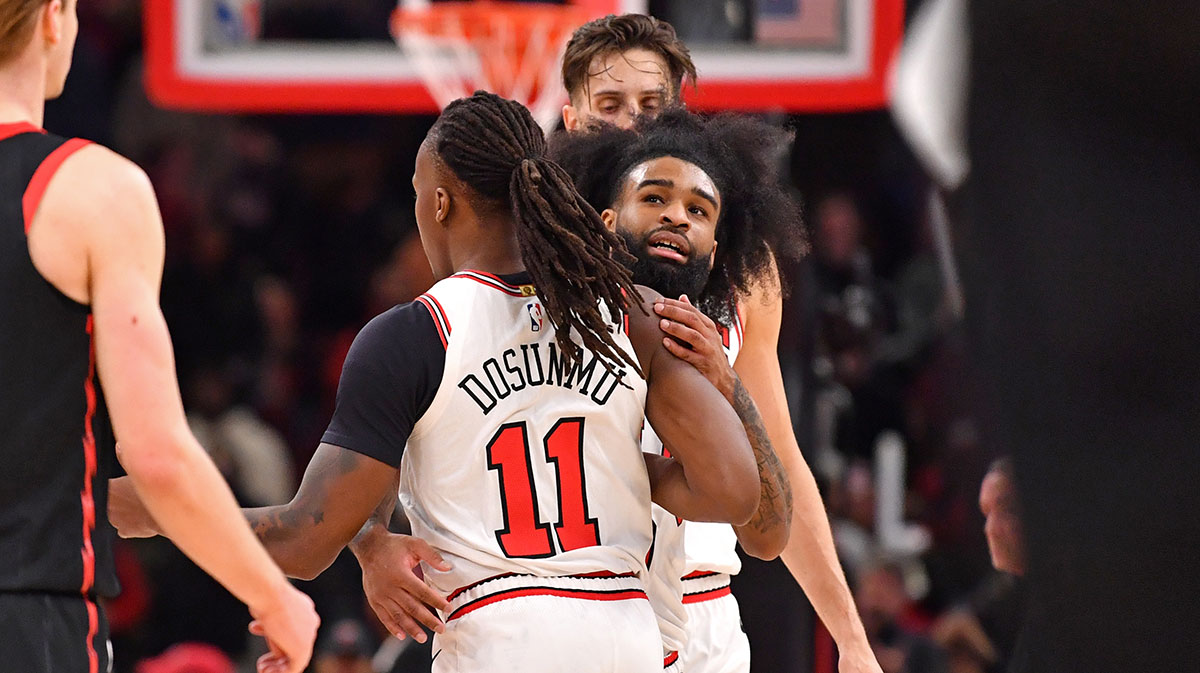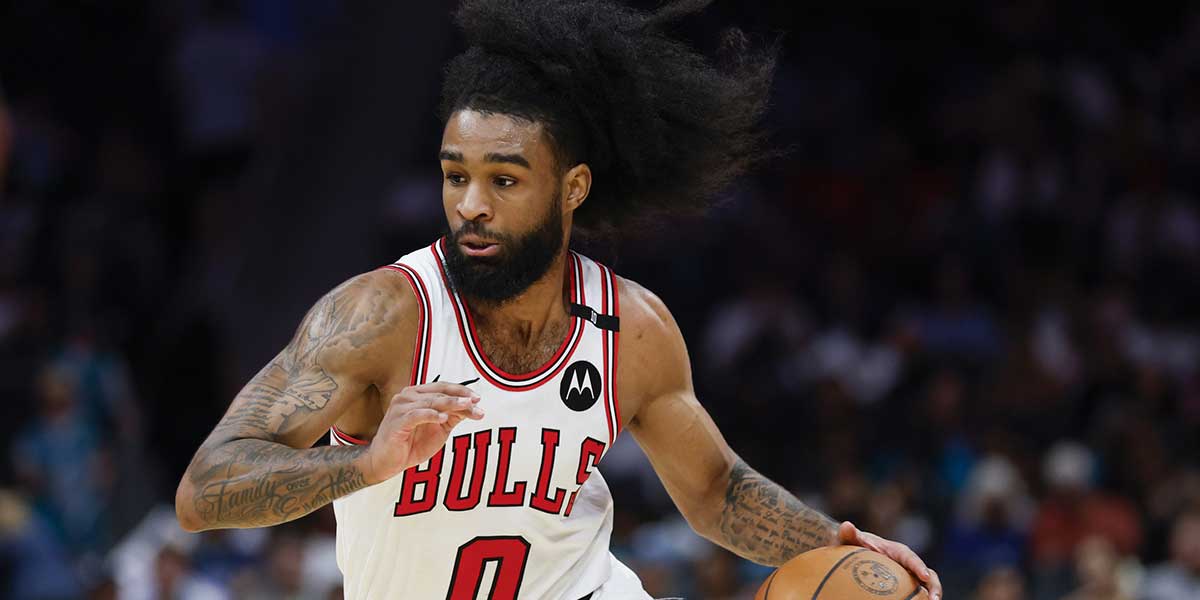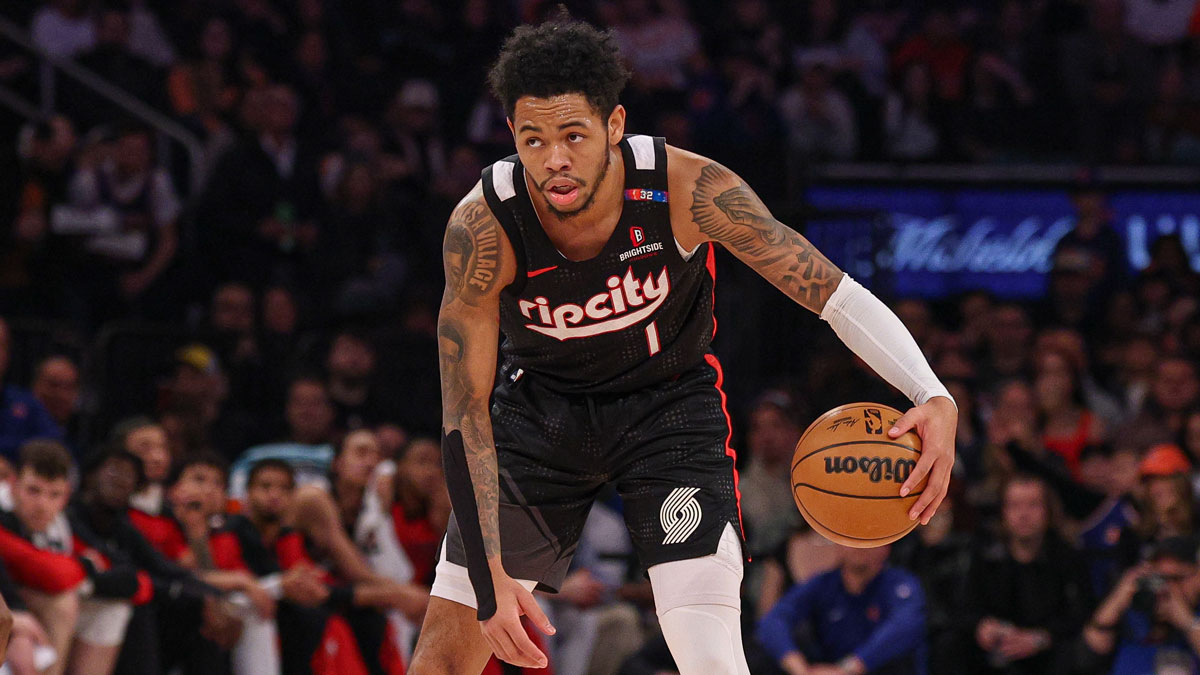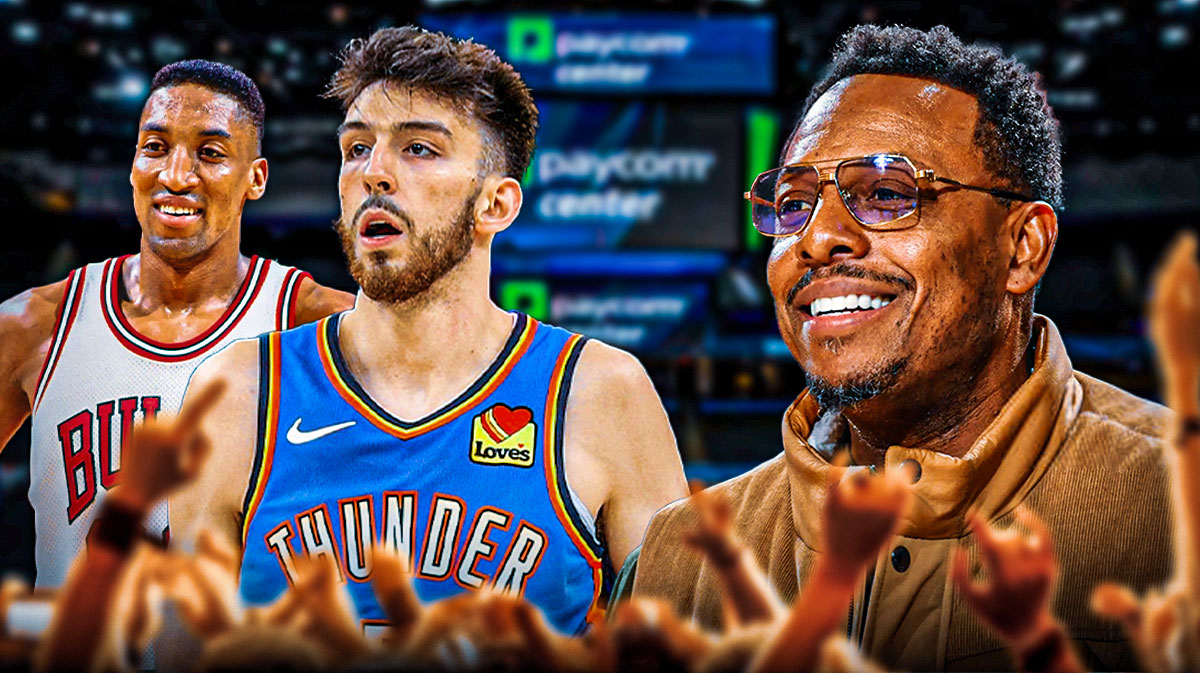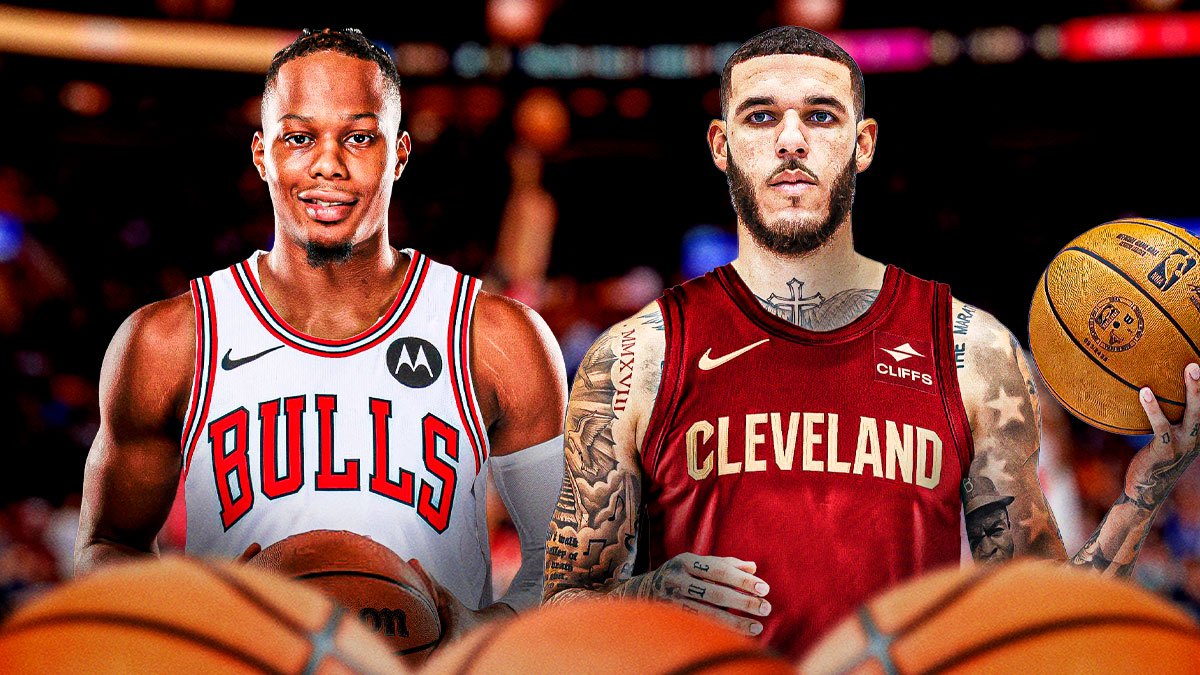Dennis Rodman had perhaps one of the strangest career arcs in NBA history.
The Hall of Fame forward would eventually become known for his brashness and wacky alter egos, but that is hardly the way Rodman began his basketball journey.
Episodes 3 and 4 of the Chicago Bulls documentary, The Last Dance, will air on Sunday night on ESPN, with one of the episodes focusing on the role Rodman played in the Bulls dynasty in the late-90s.
Before getting a deep dive on Rodman's impact in Chicago, let's take a look back on his total career progression, from a former Bad Boy and Bulls rival to a Windy City icon.
Late bloomer
In many ways, the start of Rodman's basketball career was eerily parallel to future Bulls teammate Scottie Pippen.
Rodman grew up in the Dallas area, and his father left the family when he was just a child. His mother had to work numerous jobs to keep food on the table for him and his two immediate sisters, Debra and Kim.
Rodman's sisters were actually the standout athletes in the family. Debra would become and All-American and eventually win two NCAA national titles at Louisiana Tech, while Kim would be an All-American at Stephen F. Austin.
Dennis' path was not nearly as high-profile in nature. Rodman worked as a janitor at Dallas Fort Worth International Airport after finishing high school before a late growth spurt prompted him to pursue basketball.
Rodman played a semester at what is now North Central Texas College, but he was plagued by academic issues and ultimately forced to leave the school. However, Rodman got another chance at Southeastern Oklahoma State University, an NAIA school.
Like Pippen, Rodman eventually emerged as one of the best NAIA players in the country, and he began to garner serious NBA attention.
As fate would have it, Rodman would land in the perfect situation.
Bad Boys
The Detroit Pistons selected Rodman in the second round of the 1986 NBA Draft, and it was not long before he was establishing himself as a core piece in Detroit's future.
Rodman had the good fortune of playing for the legendary Chuck Daly, a demanding force of nature who demanded the best from his players and sought to have his team impose their will on opponents by way of a stifling defense.
The young Rodman would become one of the key cogs for the team that would later be known as the “Bad Boys.”
He stood just 6'7″ but he was one of the most athletic wing defenders in the entire NBA, and his length allowed him to guard multiple positions. He was named to the All-Defensive First Team in four consecutive seasons between 1988 and 1992.
“The Worm” won back-to-back Defensive Player of the Year awards in 1990 and 1991, also providing some scoring and rebounding for a Pistons squad that reached three straight NBA Finals at the end of the 80s and into the 90s.
Moreover, Rodman was a thorn in Chicago's side, harassing Pippen and Michael Jordan during their playoff battles. While Rick Mahorn and Bill Laimbeer were the imposing rim protectors, Rodman was the annoying pest who played mind games and would simply swarm ball-handlers.
Rodman had not only carved out a lane for himself in the NBA, he had become one of the most valuable players in the entire league.
But though Rodman would continue to be productive after his Pistons years, the perception began to change.
“The Worm” becomes “Dennis The Menace”
Rodman's career took a turn for the worst when Daly resigned as head coach in May of 1992.
Daly's resignation robbed Rodman of the closest thing he had to a father figure, and marital issues added to the stress. Rodman even contemplated suicide.
Rodman would eventually request a trade, and the Pistons sent him to the San Antonio Spurs. This is when Rodman's persona began to evolve. He first started dying his hair in San Antonio, and his off-court antics began garnering as much attention as his sensational rebounding instincts. He also threw head butts at multiple players, including former Bulls forward Stacey King.
Though Rodman led the NBA in rebounding in each of his two years in San Antonio, he also had a contentious relationship with the Spurs front office, one that led to suspensions and constant bickering between the two sides.
The Spurs made it to the Western Conference Finals in 1995, but were dominated by Hakeem Olajuwon and the Houston Rockets.
But Rodman's career would get back on track in the fall of 1995.
The perfect “third star”
By this point in his career, Rodman had proved he could impact the game without scoring or even needing the ball in his hands.
That made him the perfect fit for the Bulls.
Chicago failed to reach the NBA Finals in 1994 with Jordan playing minor league baseball, and MJ's return could not save them in 1995.
Bulls General Manager Jerry Krause knew the Bulls needed toughness and defense in the frontcourt, and he made a deal to send Will Perdue to the Spurs in exchange for Rodman.
The move would be one of the best in franchise history.
Rodman was the perfect “third star” in Chicago. He knew his role and played it to perfection, feeding off Jordan and Pippen while bringing unmatched desire to a team looking to reclaim their place at the top of the NBA.
Though Rodman's penchant for troublemaking remained–he threw another head butt at a referee--he dominated the offensive glass and set the tone for Chicago's defense.
The Bulls would win the 1995-96 NBA championship after a historic 72-10 season and, though Rodman was in the final year of his contract, he would return for two more seasons and a three-peat.
Rodman became an icon in Chicago; his larger-than-life persona seemed to resonate with Bulls fans.
Rodman also gave the love right back. He became known for giving away his jerseys after each and every game.
Though Rodman's career was effectively over after his stint with the Bulls, that stint had cemented his place among the game's greatest players, and forever endeared him to a fan base that once reviled him for the role he played for the “Bad Boy” Pistons.

